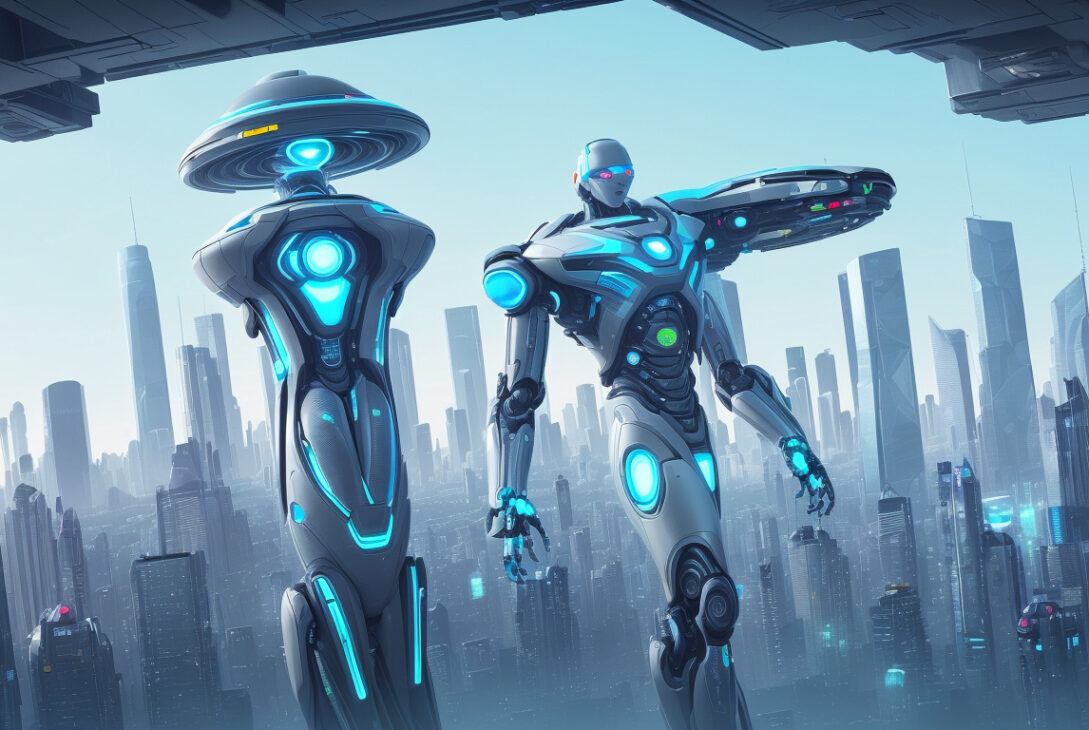AI CEO Warns Rapid Technological Advances Could Lead to Significant Job Displacement
September 17, 2025 — Dario Amodei, CEO of leading artificial intelligence research company Anthropic, issued a stark warning yesterday about the accelerating pace of AI development and its potential impact on the workforce. Speaking at Axios’ AI+ DC Summit in Washington, D.C., Amodei emphasized that AI technology is "moving very quickly" and has already begun replacing jobs, a trend that could intensify in the near future.
“This is already happening,” Amodei stated, highlighting a shift in the labor market caused by AI innovations. While current AI capabilities remain under scrutiny and, in some cases, fail to meet expectations—as evidenced by Apple’s decision to withhold an AI-powered Siri assistant due to quality concerns—the direction of AI advancement suggests a looming disruption in employment.
Amodei’s remarks arrive amid data pointing to a weakening U.S. labor market. The unemployment rate recently reached a three-year high, and job growth has slowed compared to previous years. Although it is unclear to what extent AI has influenced these trends, the timing of Amodei’s warning has raised alarms about automation’s role in workforce changes.
In earlier comments this year, Amodei predicted that AI tools under development by Anthropic and its competitors could potentially eliminate up to half of entry-level white-collar jobs, driving unemployment rates to as high as 20% over the next one to five years. At Wednesday’s summit, he tempered his forecast with a note of uncertainty: “When an exponential is moving very quickly, you can’t be sure. This could happen faster than I imagine, this could happen slower than I imagine, or something very different could happen.” Nonetheless, he insisted that the possibility is significant enough to warrant a global alert.
Amodei also raised the prospect that government intervention might be necessary to help workers adapt to the changes brought by AI. He suggested that taxing the gains made by AI companies could provide resources for retraining programs and social support measures.
Despite criticism from some corners that his warnings might be self-serving—positioning him as a responsible figurehead or enhancing Anthropic’s market stature—Amodei defended his standpoint. He urged the public and policymakers not to underestimate the fast-evolving nature of AI technology. “I think there’s a little disconnect here, where people will sometimes say, ‘Oh, you’re worried about what AI is going to do to jobs, but AI can’t do this, AI can’t do that,’” he said. “Well, we’re talking about today’s AI. The technology is moving quickly.”
The broader AI industry continues to grapple with balancing the promise of transformative capabilities against growing concerns about societal impact. While AI holds potential to revolutionize many sectors, the conversation around job displacement, economic inequality, and mental health implications increasingly dominates discussions among experts, policymakers, and the public.
As AI technologies evolve, the coming months and years will be critical in determining how societies prepare for and respond to these profound changes in the nature of work.
For further updates on AI and labor market trends, stay tuned to CNN Business.










